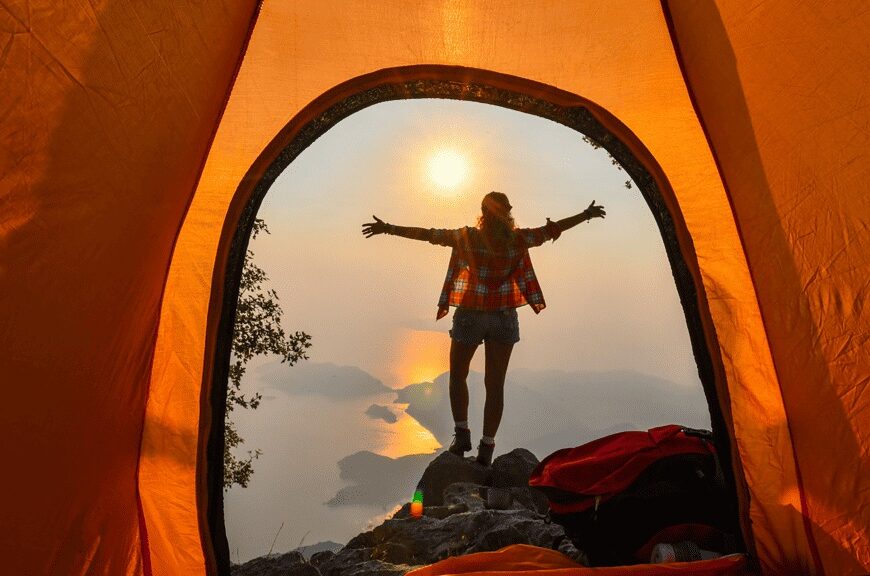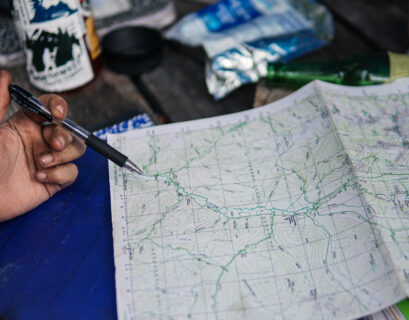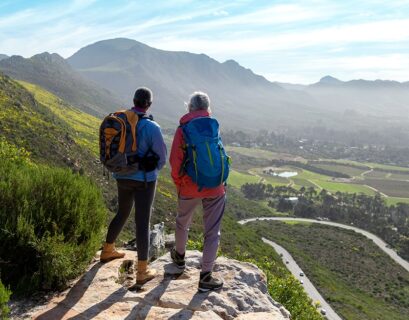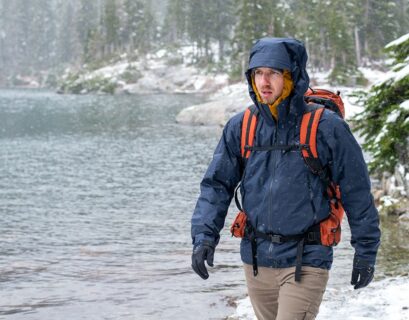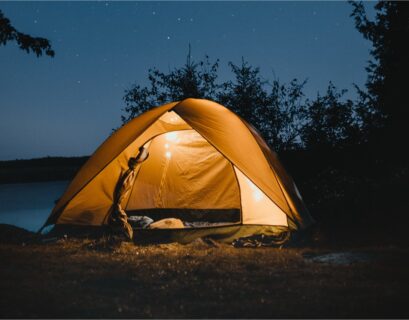Camping is not just about escaping into nature; it’s also about creating a temporary home in the great outdoors. Setting up a campsite efficiently and responsibly is essential for a comfortable and enjoyable camping experience. In this comprehensive guide, we’ll explore the best practices for setting up a campsite, ensuring that you make the most of your outdoor adventure.
1. Choose Your Campsite Wisely: Selecting the right campsite is the foundation for a successful camping trip. Follow these guidelines:
- Leave No Trace: Choose established campsites to minimize your impact on the environment.
- Proximity to Water: Camp at least 200 feet away from lakes and streams to protect water sources and wildlife habitats.
- Avoid Fragile Areas: Steer clear of fragile ecosystems, such as meadows and alpine zones, to preserve their delicate balance.
2. Prepare and Plan:
- Research Local Regulations: Be aware of camping regulations and restrictions in the area. Some places may require permits or have specific rules to follow.
- Check the Weather: Anticipate weather conditions and pack accordingly. Ensure you have appropriate gear for rain, wind, or unexpected temperature changes.
3. Set Up a Proper Tent:
- Choose a Level Surface: Look for a flat, well-drained area to pitch your tent. Avoid depressions where water might collect during rainfall.
- Clear the Ground: Remove rocks, twigs, and debris to create a comfortable sleeping surface.
- Secure Tent Stakes: Properly stake down your tent to prevent it from shifting in the wind.
4. Create a Functional Camp Kitchen:
- Establish a Cooking Area: Set up a designated space for cooking away from the tent to prevent food odors from attracting wildlife.
- Use a Stove or Campfire Safely: If permitted, use a camp stove or fire ring for cooking. Follow fire safety guidelines, and never leave a fire unattended.
5. Practice Leave No Trace Principles:
- Pack It In, Pack It Out: Carry out all trash, including food scraps. Leave your campsite as pristine as you found it.
- Minimize Campfire Impact: If fires are allowed, use established fire rings. Keep fires small and fully extinguish them before leaving.
6. Organize Your Campsite:
- Designate Areas: Establish specific areas for cooking, sleeping, and recreation to maintain order in your campsite.
- Store Food Properly: Keep food in sealed containers or bear-resistant canisters to prevent wildlife from accessing your supplies.
7. Respect Nature:
- Stay on Trails: Stick to established trails to avoid trampling on fragile vegetation and disturbing wildlife habitats.
- Be Mindful of Noise: Keep noise levels down to preserve the natural soundscape and respect fellow campers.
8. Proper Waste Disposal:
- Use Designated Facilities: If available, use designated restroom facilities. If not, follow proper Leave No Trace guidelines for human waste disposal.
- Dispose of Greywater Properly: Strain dishwater and dispose of it away from water sources. Use biodegradable soap.
9. Consider Campsite Aesthetics:
- Natural Camouflage: Use natural features like trees and rocks to blend into the environment and minimize the visual impact of your campsite.
- Avoid Overcrowding: If camping with a group, disperse tents and activities to prevent overcrowding in one area.
10. Safety First:
- Emergency Preparedness: Know the location of the nearest emergency services and have a basic first aid kit on hand.
- Notify Someone: Inform someone of your camping plans, including your intended route and expected return date.
By following these best practices, you not only ensure a more comfortable camping experience for yourself but also contribute to the preservation of the natural beauty that draws outdoor enthusiasts to campsites around the world. Remember, responsible camping ensures that these wilderness areas remain pristine for future generations to enjoy. Happy camping!

